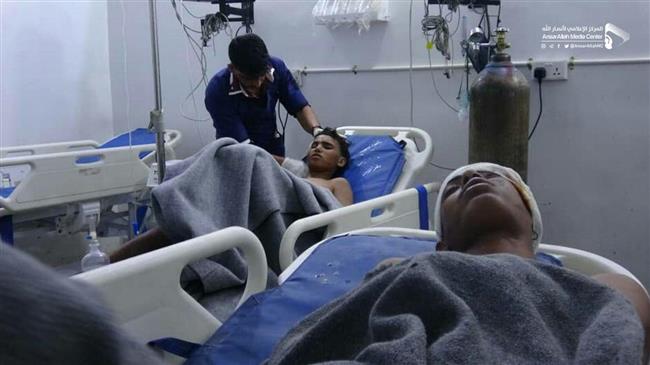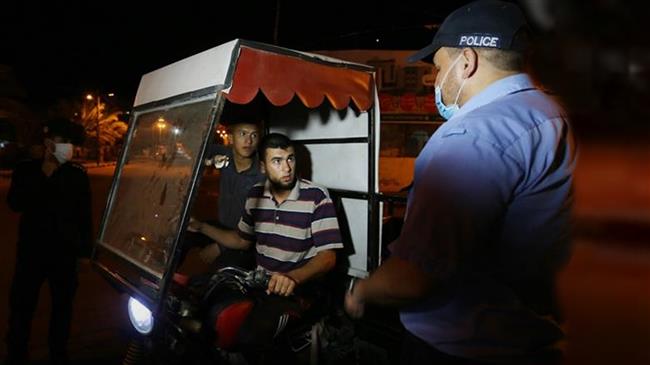UN warns first coronavirus-induced famines to hit countries soon
The top humanitarian official of the United Nations has warned that the first famines of the coronavirus era could soon hit Yemen, South Sudan, northeast Nigeria and the Democratic Republic of Congo.
In a letter to members of the Security Council, the top UN relief official Mark Lowcock said the risk of famine has been intensified by “natural disasters, economic shocks and public-health crises, all compounded by the COVID-19 (the disease caused by coronavirus) pandemic.”
“These factors are endangering the lives of millions of women, men and children,” he said in the letter not made public yet but seen by the New York Times, the paper said Sunday.
Yemen, which is ravaged by a crippling war launched by Saudi Arabia since five years ago, is among the countries that is getting closer to famine conditions, according to Lowcock.
He said “the risk is slowly returning” to Yemen, where famine was averted two years ago.
Lowcock said the hunger emergency is only one step from famine now — Phase 4 — in 16 districts of Yemen, the poorest in the Arab world.
The country’s currency has basically collapsed, while food costs have surged and drinking water prices have more than doubled since April, according to the UN official.
In the eastern part of the Democratic Republic of Congo, Lowcock said 21 million people are living in “crisis or worse levels of food insecurity.”
The country has one of the highest rates of internal displacement in the world, according to the UN.
Over five million people within the country's borders have been uprooted by insecurity, while nearly a million more have sought safety in neighboring countries as refugees.
In northeast Nigeria, more than 1.2 million people “remain largely inaccessible to aid agencies due to conflict and deliberate obstruction by nonstate armed groups,” Lowcock said.
He said more than 10 million people — four of five — now require humanitarian assistance and protection in the area which has been roiled for years by armed militants.
And in South Sudan, a recent upsurge in violence has left more than 1.4 million people “facing crisis or worse levels of food insecurity,” Lowcock said.
Two years after the threat of famine was narrowly averted in South Sudan, he said, “parts of the country are again deteriorating sharply.”
Famine was officially declared in parts of South Sudan in February, 2017.
Famine is a condition of food insecurity, malnutrition and mortality among populations that is declared when at least two in every 10,000 people die per day, 4 in every 10,000 children under 5 die per day, one in five households face an extreme food shortage and more than 30% of the population is malnourished.
At least 7 killed in Israeli aggression on southern Lebanon after Hezbollah strikes
Iran writes to UN, warns about dire consequences for perpetrators following Leader's martyrdom
Hezbollah strikes occupied Haifa in retaliation for Leader's assassination
Ansarullah mourns Leader's martyrdom as 'great loss' caused by 'most wretched terrorists'
Hezbollah offers condolences to Iranian nation over Leader’s martyrdom
US-Israeli strike targets IRIB facility; broadcasts continue
IRGC: Latest waves of Op. True Promise 4 led to tanker strikes, base shutdowns, heavy casualties
CENTCOM confirms US troops killed in Iran’s retaliatory strikes















 This makes it easy to access the Press TV website
This makes it easy to access the Press TV website